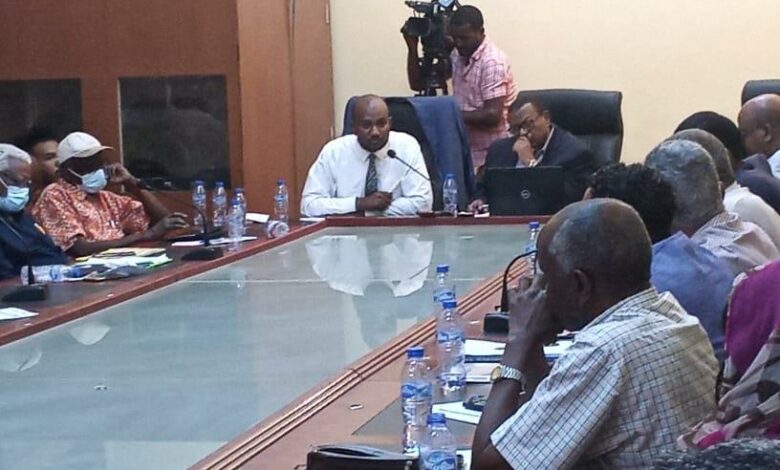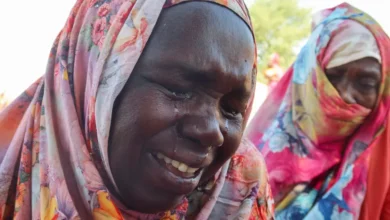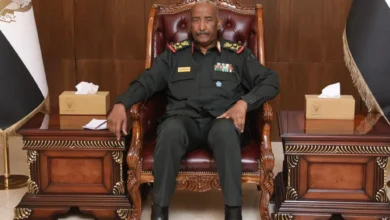Economists looking at institutional reform of Sudan’s economy

Economists stressed the importance of the Ministry of Finance’s mandate on public funds to achieve economic reform in view of the 72% exit of funds from the public sector, and the need to overcome the challenges faced by the transition period, the most important of which is the political consensus that supports the implementation of the economic programme to lead the country forward.
This came at the Elaf Forum for Dialogue and Development on the challenges of the Sudanese economy in the transitional period in Sharjah Hall in Khartoum. The economist Ahmed Fadel presented four themes for discussion, the economic framework, the external dimension and institutional reform and the axis of the way forward.
Hassan Bashir, an economics professor at Nile University, revealed that 72% of the funds were outside the control of the Ministry of Finance, and said without the Ministry of Finance’s mandate on public money it was difficult to achieve real economic reform.
He criticized the application of the first year’s support policy for the transition period and said that the programme should be implemented throughout the transition period.
Bashir confirmed that there is a structural imbalance in spending to go 88% of spending on security and defense while only 12% go to other sectors combined.
Referring to the failure of large companies to pay taxes to the industrial sector, he pointed out that these large companies and institutions were outside the tax umbrella and stressed the need to increase the administrative effort in taxes.
The Transitional Government had inherited many problems of structural and institutional corruption linked to the State’s system of government and decision makers, as well as economic and political problems, empowerment policies and the looting of funds inside and outside the Sudan.
Dr. Sheikh Khader, Director of the Sudanese Prime Minister’s Office, Dr. Abdullah Hamdok has previously faced tremendous challenges in the transition period, ahead of the October 25 proceedings, primarily the lack of political consensus with which the implementation of an economic program leading the country forward.
The removal of the Sudan’s name from the list of State sponsors of terrorism was the first obsession with the transitional Government.
With the first appearance of international mobility, there were three promises from Saudi Arabia and the United Arab Emirates to support the economy in the amount of $1 billion. There was then talk that $700 million had been disbursed, but in fact the government had not received those sums. He stressed that when the transition came, it had not found political consensus and consensus on the economic programme and that debt had doubled, priorities must be established, with the Sudan’s debt as of 2020 amounting to $56.6 billion, which required consideration of specific policies supporting the economic programme.





